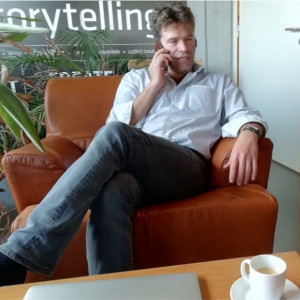 \
&
Contact us
\
&
Contact us
 \
&
Contact us
\
&
Contact us
The rules for project implementation are set-out in a Grant Agreement. NCP Flanders guides and supports you with all legal and financial issues during the complete Horizon 2020 grant life cycle. All details regarding Horizon Europe are explained on this specific page on our website.
The administrative and financial framework with the rules for application and project implementation of Horizon 2020 call are set-out in the Grant Agreement; the Annotated Model Grant Agreement explains extensively all details.
The European commission gives on a regular basic trainings with background information on coordinators' days regarding grant agreement preparation and amending/reporting/payments. Sessions can be followed live or through webstreaming. Presentations can be consulted in the documents.
Information on specific legal and financial topics are listed and documented in the documents and related links on this page.
In the Online Horizon 2020 Manual extensive details and manuals can be found regarding the Grant Management such as reporting, amendments, deliverables, dissemination&exploitation, etc.
The “Financial Management of Horizon 2020 projects: guide to best practice”, a result of a COST project, supports research managers and administrators in delivering good financial management and administration of H2020 projects
The Indicative Audit Programme (IAP) is a list edited by the European Commission, of conditions that are checked during an audit process and procedures that are to be performed. It gives an insight to the documents that are of importance and the points of emphasis that you can expect during a financial audit of your project.

ann.vanhauwaert@fwo.be
+32 2 550 15 60

Ria.debreucker@vlaio.be
+32 2 553 13 77
Infosheets contain edited content on aspects related to this programme. They are reviewed at least yearly.
Related links are easy pointers towards external information. We curate the list, but are not liable for the destinations.
Documents contain additional information related to this programme, and are similar to related links.

If you’ve never heard of Limecraft, you’re clearly not working in the media sector. Their SaaS platform provides integrated workflows for media management, scripted and unscripted TV, and subtitling and localisation. It is used by leading broadcasting companies – such as BBC, VRT, NPO… – and production firms of which De Mensen or Hotel Hungaria might ring a bell (at least if you are Belgian).
NCP Flanders went to Ghent to interview Maarten Verwaest, CEO and cofounder, about how he sees Horizon 2020. Limecraft is a partner in the MeMAD project, which is a collaborative RIA project submitted to an ICT call topic.